Posted on 3/28/2025
%20copy.jpg)
It’s one thing when gas prices go up—it’s another when your fuel gauge seems to drop twice as fast as it used to. If you’re filling up more often and can’t figure out why, you’re not imagining things. When your car starts burning through fuel faster than usual, it's a sign that something isn’t working quite right. While it’s normal for fuel economy to vary slightly depending on your driving habits or the weather, a noticeable drop in MPG almost always has a cause. And if it’s left unchecked, it can affect more than just your wallet—it can also lead to reduced performance and long-term wear on your engine. Driving Habits Before looking under the hood, it’s worth thinking about whether your routine has changed. Are you making more short trips? Driving in heavy traffic more often? Accelerating harder than usual? Cold starts and stop-and-go traffic force your engine to work harder, using more fuel in ... read more
Posted on 2/28/2025
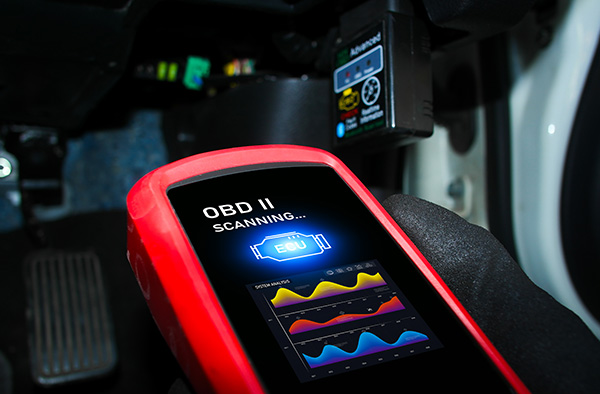
Today’s vehicles rely on complex computer systems to keep everything running efficiently, but when a warning light appears on your dashboard, it’s not always clear what’s wrong. The check engine light could mean anything from a loose gas cap to a serious engine issue. Without a professional diagnostic test, you’re left guessing. That’s why an engine diagnostic service is so important—it helps identify potential problems early, saving you time, money, and stress. So, what’s really going on under the hood? Early Detection of Problems One of the biggest advantages of an engine diagnostic is that it can catch small issues before they become major repairs. Your car’s computer system stores error codes related to engine performance, emissions, and other critical components. A diagnostic scan can reveal problems such as: Failing oxygen sensors Misfiring cylinders Transmission issues Faulty mass airflow sensors Emission sy ... read more
Posted on 1/31/2025
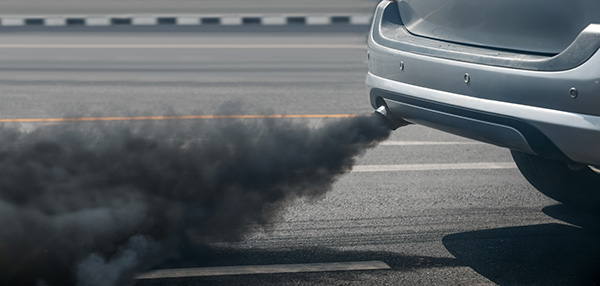
Have you noticed your car’s oil level dropping faster than usual? Maybe you’ve even seen bluish smoke trailing behind you as you drive. Burning oil is a common issue, and while it might seem like a minor inconvenience at first, it can signal significant engine problems that need attention. Understanding what causes a car engine to burn oil can help you address the issue before it leads to more severe damage and costly repairs. Why Engines Burn Oil All engines consume a small amount of oil during regular operation, but burning excessive oil isn’t normal. When oil burns, it typically happens because it has found its way into the combustion chamber. This can happen for several reasons, ranging from minor issues like worn-out seals to more serious internal engine problems. Identifying the cause early is key to preventing further damage. Worn Piston Rings Piston rings are critical for maintaining the seal between the piston and the cyl ... read more
Posted on 11/29/2024
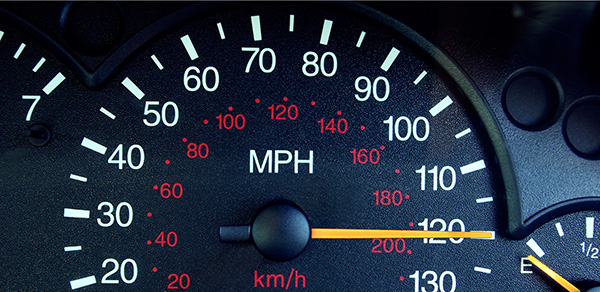
When considering vehicle safety, most people typically focus on components like brakes, tires, or airbags. However, have you ever thought about how vital your speedometer is to your safety on the road? It’s one of those parts that goes unnoticed—until it stops functioning. While a faulty speedometer may seem like a minor issue, it can pose serious risks for both you and those around you. Why Your Speedometer Is Important Your speedometer does more than display your speed. It’s an essential tool for responsible driving. It helps you maintain legal speed limits, adjust to traffic flow, and respond appropriately to road conditions. Without it, even the best drivers can find themselves guessing—and guessing on the road is never a good idea. For example, how can you confidently navigate a 25 mph school zone or adapt to a sharp curve if you’re unsure of your speed? Even worse, a malfunctioning speedometer might give you false information, lea ... read more
Posted on 10/31/2024
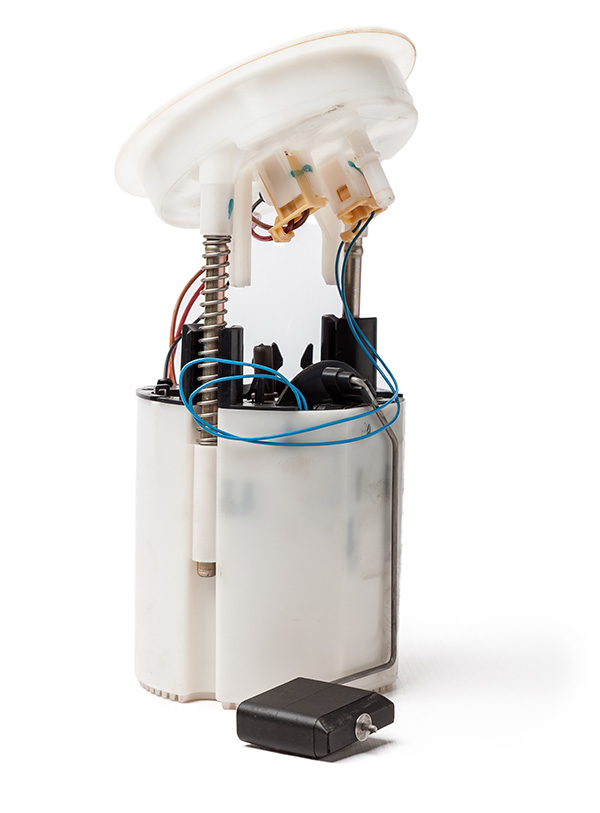
We've all been there: the gas light comes on, and we think we can go a little further before refueling. But is pushing your car to the limit on an empty tank really harmless, or could it spell disaster for your fuel pump? While skipping the gas station might seem like a minor convenience, it’s important to understand what’s happening under the hood when you’re running on fumes. How the Fuel Pump Works Located inside your vehicle’s gas tank, the fuel pump is responsible for moving fuel from the tank to the engine. This process ensures that your car has the fuel it needs to start and keep running. The pump operates at high pressure, which helps deliver the right amount of fuel through the lines to your engine’s fuel injectors. Most modern cars use an electric fuel pump, which is cooled and lubricated by the gasoline in the tank. Here’s where running low on gas becomes a problem: when you drive on empty, there’s less fuel a ... read more
Posted on 9/27/2024
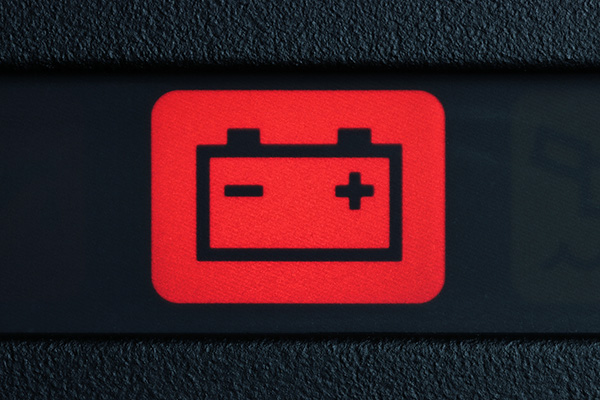
Have you ever been driving your car when, suddenly, a little light pops up on your dashboard? That battery warning light is more than just a reminder that something's off. It’s a cry for help from your car! If this light has illuminated, it’s important to understand what it means and what you should do about it. Ignoring that light might lead to bigger issues, so let's break down the potential causes and how to respond effectively. The Battery Warning Light First things first, what does that battery warning light even indicate? This light usually looks like a battery icon or might have the word “battery” written alongside it. It’s designed to alert you when there's an issue with your vehicle's charging system. This system is responsible for powering not only your car’s electrical components but also for keeping the battery charged. When this light flickers on, it could mean a range of problems, from a dying battery ... read more
Posted on 8/30/2024
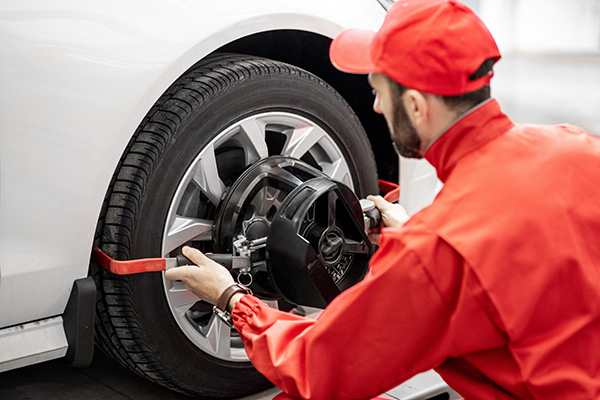
Do you feel a strange steering wheel vibration while driving down the highway? It's a common problem that can quickly take the joy out of driving, leaving you wondering what's gone wrong. A shaky steering wheel isn't just annoying—it can be a sign of underlying issues with your vehicle that need attention. Let's explore the top five causes of a shaky steering wheel so you can better understand what might be going on and when it's time to seek help. 1. Unbalanced Tires One of the most frequent culprits behind a shaky steering wheel is unbalanced tires. Over time, the distribution of weight around the tire can shift, leading to imbalances that cause the tire to wobble as it spins. This wobbling is often felt through the steering wheel, particularly at higher speeds, typically between 50 and 70 mph. If your tires are out of balance, the first thing you might notice is a slight vibration in the steering wheel, which can gradually become more pr ... read more
Posted on 7/26/2024

Have you ever found yourself drawn to the towering presence of an SUV on the road? SUVs, or Sport Utility Vehicles, have become a significant part of the American automotive landscape. They offer a blend of space, power, and versatility that appeals to many drivers. But is buying an SUV truly worth it? Let's look into the pros and cons to help you make an informed decision. The Allure of SUVs SUVs have captured the hearts of many due to their commanding presence and perceived versatility. SUVs are marketed as the ultimate all-in-one vehicle from family outings to rugged adventures. But before you decide to invest in one, it's important to weigh the benefits against the potential drawbacks. Pros of Owning an SUV1. Space and Comfort One of the primary reasons people opt for an SUV is the ample space it offers. Whether you have a large family, frequently carpool, or simply enjoy having extra room for groceries and gear, an SU ... read more
Posted on 6/27/2024

Hydroplaning is one of the most terrifying experiences a driver can encounter. Imagine cruising down a rainy highway when suddenly, your car feels like it's floating, and you lose control of your steering. This heart-stopping event, known as hydroplaning, can happen in an instant. But what exactly causes hydroplaning, and more importantly, how can you prevent it from happening? Let's dive into the causes of hydroplaning and explore practical steps you can take to stay safe on wet roads. Hydroplaning occurs when a layer of water builds up between your vehicle's tires and the road surface, leading to a loss of traction that prevents your tires from gripping the road effectively. This loss of traction can cause your car to skid or slide uncontrollably, making it difficult to steer, brake, or accelerate safely. Hydroplaning can happen in a flash, and it doesn't require a large amount of water—just a thin layer can be enough to cause problems, especially at higher spe ... read more
Posted on 5/23/2024
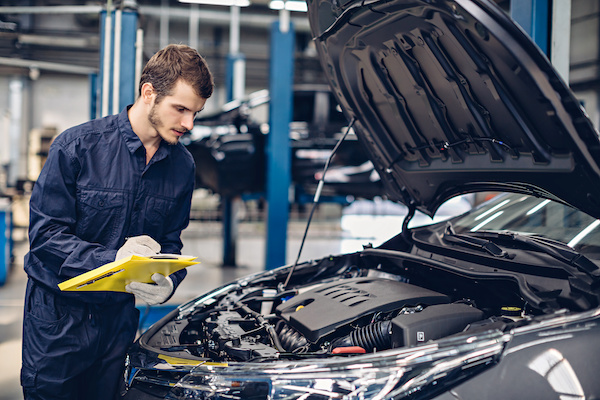
Planning a road trip can be exciting, but nothing ruins a journey faster than unexpected car troubles. Whether you're hitting the open road for a cross-country adventure or just taking a weekend getaway, ensuring your vehicle is in top shape is crucial. This is where a vehicle pre-trip inspection comes in. But what exactly is a pre-trip inspection, and why is it so important? What Is a Vehicle Pre-Trip Inspection A pre-trip inspection is a thorough check of your car's systems and components before embarking on a journey. The goal is to identify and address any potential issues that could lead to breakdowns or safety hazards on the road. This proactive approach helps ensure your vehicle is reliable and safe, giving you peace of mind as you travel. Why Is a Pre-Trip Inspection Necessary? You might wonder if a pre-trip inspection is really necessary, especially if your car seems to be running fine. However, regular inspections can catch problems that aren't immediately app ... read more